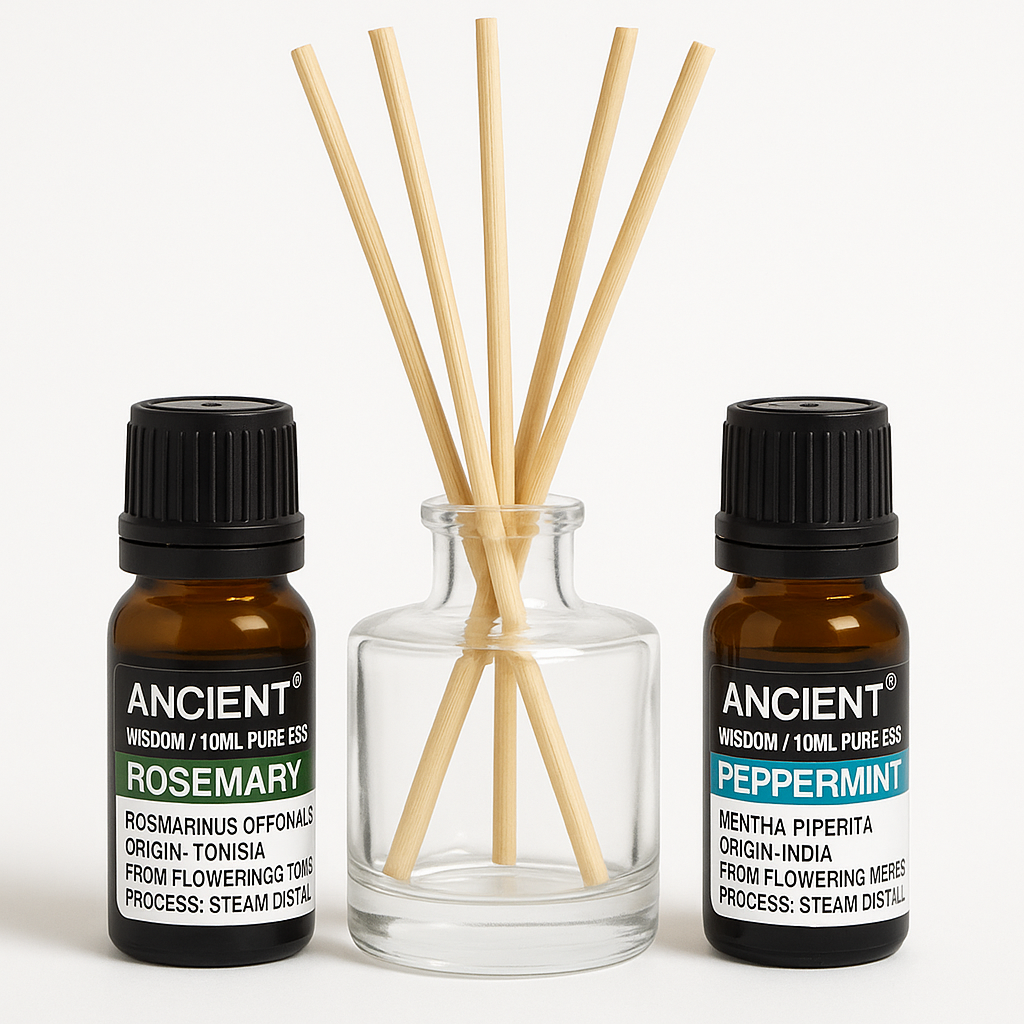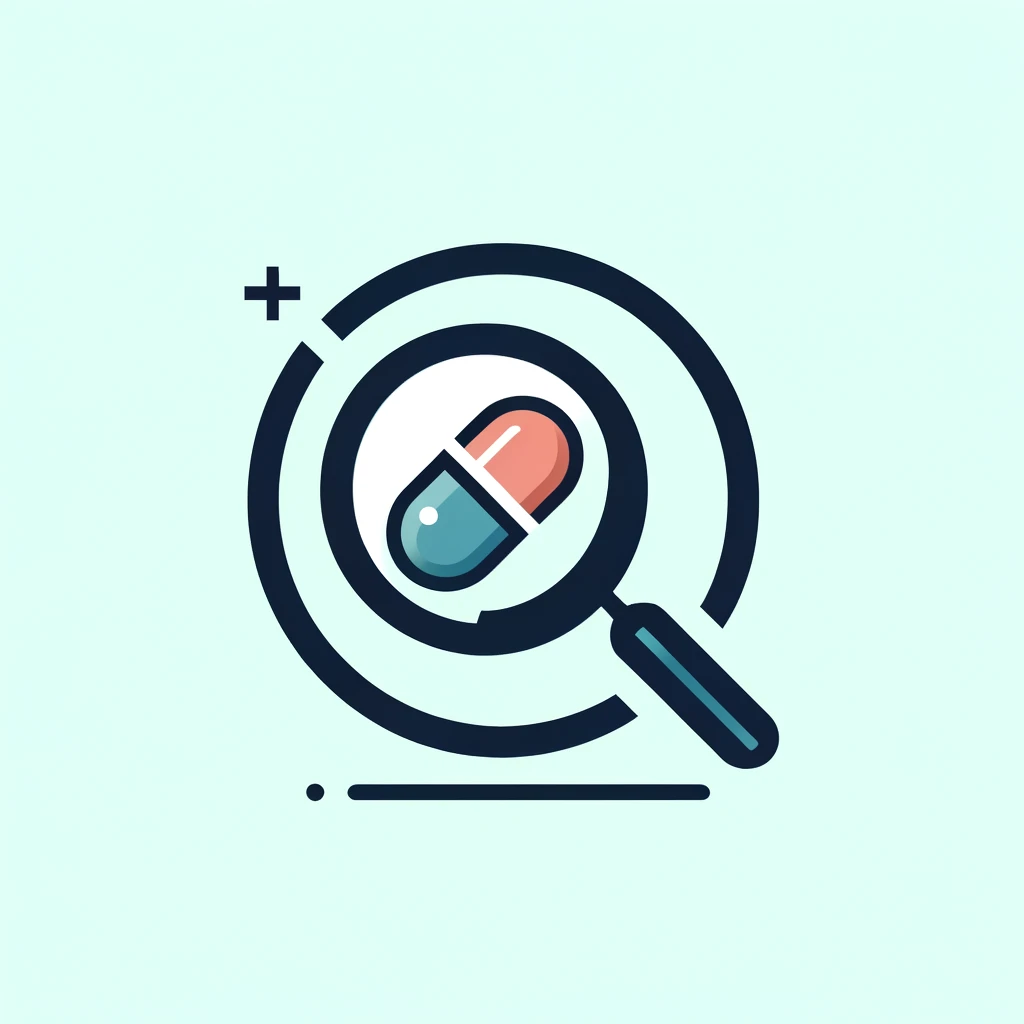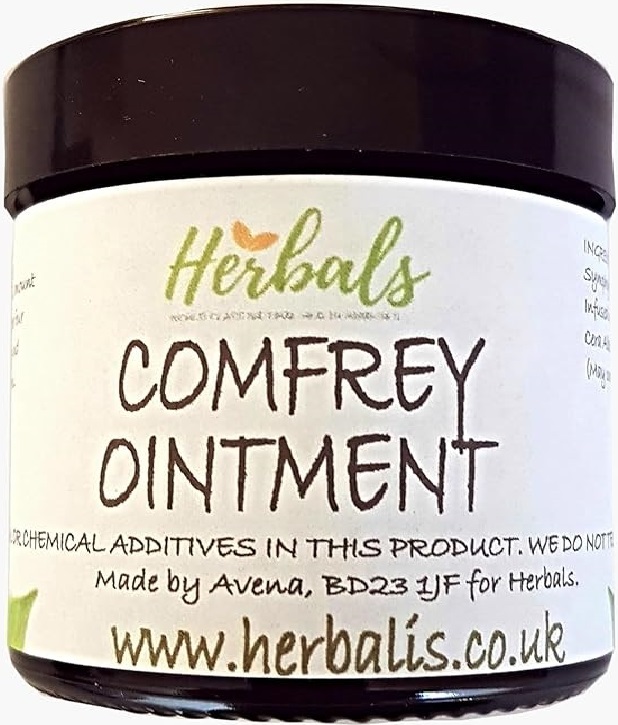Social and Interactive Activities
Quick self-assessment: How often do you engage in meaningful social interactions during your workday?
Brief social interactions: Even short, pleasant social engagements can sharpen cognition. For example, a 10-minute friendly conversation boosted young adults' working memory and processing speed to the same extent as 10 minutes of intellectual exercises.1 Similarly, older adults (70-90) performed better on cognitive tests on days they had more frequent positive social interactions – with effects lasting into the next two days.2
Cooperative play and team activities: Participating in cooperative games or team-building play can enhance cognitive performance and productivity. In one experiment, newly formed work teams that spent 45 minutes playing a collaborative video game showed a ~20% improvement in subsequent task productivity.3 Such social play likely increases engagement, team cohesion, and problem-solving, translating into better cognitive outcomes. (Notably, competitive games can also be beneficial in some contexts, though cooperation tends to reduce stress and aggression more than competition.)
Caveats: The cognitive benefits of socializing assume the interactions are positive – stressful or conflict-laden encounters may not help. Additionally, while social stimulation acutely boosts alertness and mental performance, it should complement (not replace) focused work on complex tasks, as excessive socializing could become distracting.
Physical Settings and Ambient Conditions

Nature exposure: Spending time in natural environments - parks, forests, or even viewing greenery - can restore concentration and improve short-term memory. This aligns with Attention Restoration Theory, which suggests nature's "soft fascination" allows the brain's directed attention resources to recover. Empirical studies show that a walk in a quiet, green park (or even listening to natural soundscapes) leads to better performance on attention and memory tasks compared to urban settings.4 For instance, participants who listened to nature sounds (e.g. flowing water, crickets) showed significant improvements in directed attention in one session, whereas urban noise did not confer benefits.4 Forest bathing - mindful walks in the woods - has likewise been found to reduce stress hormones and improve cognitive scores. In one trial, older adults who engaged in a 1-week self-guided forest bathing program showed faster reaction times on a Stroop test and improved working memory (forward digit span) and creativity (associative thinking) after the intervention.5 Regular exposure to nature was correlated with greater gains in attentional control and working memory in that study.6
Ambient noise levels: The level and type of background noise in one's environment can influence cognitive performance in surprising ways. Moderate ambient noise (~70 dB, akin to a busy café) has been shown to enhance creative thinking and problem-solving, presumably by inducing a mild level of distraction that promotes abstract processing.7, 8 In creative tasks, a "Goldilocks" effect appears – moderate noise is more stimulating than a hushed environment, whereas very loud noise (85+ dB) impairs creativity and information processing.9 On the other hand, for tasks requiring intense focus or memory recall, a quieter environment or consistent low-level white noise may be preferable. (Notably, white/pink noise in the background yields small attention benefits mainly for individuals with attention difficulties e.g. children with ADHD – but not for everyone.10)
Try this: Next time you're working on a creative project, consider heading to a café or playing ambient coffee shop sounds at around 70 dB to potentially boost your creative thinking.
Altitude and air quality: High altitude is one environmental factor that generally does not aid cognition – in fact, acute exposure to high elevations can impair attention, memory, and mood due to reduced oxygen (hypoxia).11 While acclimatization can help, there's no evidence that moderate altitude exposure boosts productivity in healthy adults; if anything, ensuring good air quality and oxygen availability is more beneficial for concentration.
Lighting conditions: Brighter light and especially blue-enriched light can acutely improve alertness. Research in workplace settings indicates that blue-rich light (high color-temperature) during the day enhances attention, vigilance, and reaction times.12 In a systematic review, exposure to blue light (e.g. via special LED lighting) was consistently associated with improved cognitive performance and subjective alertness in employees.12 Bright daylight or "circadian lighting" in offices also tends to improve mood and productivity. (A caution: blue light in the evening can disrupt sleep, so the timing of exposure matters for long-term cognitive health.)
Sensory Stimuli: Sound, Music, Scent, and More
Quick Guide: Sensory Stimuli for Different Cognitive Tasks
- For creative work: Instrumental music or ambient café noise (~70 dB)
- For focused analytical tasks: Silence or natural sounds (rainfall, forest)
- For alertness: Peppermint or rosemary aroma, bright blue-tinted light
- For reducing anxiety: Lavender scent, soft instrumental music
Music and sound: Listening to music can influence cognitive performance, though effects depend on the music type and task. Upbeat or instrumental music may elevate mood and arousal, indirectly sharpening mental performance on certain tasks. The often-cited "Mozart effect" - a temporary boost to spatial reasoning after listening to Mozart – is likely not unique to Mozart's music but rather a result of increased alertness. Meta-analyses find only a small overall improvement from classical music on cognitive tasks,13 and some reviews find no specific benefit when controlling for publication bias.14 In practice, music without lyrics at a moderate volume can help some people focus or feel more productive (especially on repetitive or creative work), whereas complex tasks involving reading or memory may suffer if the music is intrusive. Background audio tailored to the individual (e.g. familiar video game soundtracks or Lo-fi beats) is anecdotally used to enhance concentration, but empirical support is mixed. Meanwhile, ambient natural sounds (birds chirping, rainfall) can be used as gentle auditory stimulation that improves mood and attention – one study noted that natural soundscapes led to better cognitive performance compared to urban noise, as mentioned above.4 In contrast, irritating or cacophonous sounds can increase cognitive load and stress.
Aromas and cognition: Our sense of smell offers another unconventional route to modulate focus. Certain scents have stimulating properties - for example, peppermint aroma has been shown in controlled trials to enhance memory and increase alertness in healthy adults.15 In the same study, a relaxing floral scent (ylang-ylang) had the opposite effect – it impaired memory and slowed processing speed, while increasing calmness.15 This demonstrates that not all "pleasant" aromas are equal: stimulating scents (peppermint, rosemary, citrus) tend to sharpen the mind, whereas sedative aromas (lavender, ylang-ylang) may hinder short-term cognition even as they relax the individual. Rosemary in particular has a folk reputation for memory, and research offers some support - inhalation of rosemary essential oil led to improved speed and accuracy on cognitive tests, with higher blood levels of its key compound (1,8-cineole) correlating with better performance.16 Notably, rosemary's effects in that study did not stem from mood improvement (in fact, contentment was slightly reduced), suggesting a pharmacological action on memory via neurotransmitter systems.17
Visual stimuli and lighting: As mentioned, bright blue-tinted light can acutely boost alertness. Conversely, working under dim, warm lighting might induce calm but could reduce vigilance. Some individuals use color-tinted glasses or screens to filter blue light at night (to protect sleep) or use daylight lamps in the morning to promote wakefulness - practices aligned with evidence on circadian rhythms. Additionally, visual clutter in one's surroundings can tax attention, whereas a clean, aesthetically pleasing workspace may improve focus (though personal preference plays a role). In summary, subtle sensory tweaks – a certain background soundtrack, a whiff of peppermint, a sunlit room – can yield subjective improvements in clarity and sometimes objective improvements on cognitive tests. However, individual variability is large, and overstimulation (too loud, too bright, etc.) can backfire.
Products to Support Cognitive Health

Aroma Focus Starter Kit
Boost alertness and cognitive performance with our essential oil diffuser set featuring rosemary and peppermint.
View detailsHobbies and Skill-Building Activities
Engaging in cognitively demanding hobbies can produce short-term boosts in mental performance and even long-term neuroprotective effects.
Which of these cognitive hobbies do you practice regularly?
Puzzle solving and brain games: Activities like crosswords, Sudoku, chess, or strategy board games exercise the brain's problem-solving and memory systems. In older adults with mild cognitive impairment, doing crossword puzzles outperforming a popular computer "brain training" program in maintaining and sharpening memory over 18 months.18 (Participants around age 71 who did crosswords showed better cognitive outcomes than those who did the digital brain games.18) Even in healthy adults, regularly challenging oneself with word or number puzzles correlates with better working memory and processing speed. Long-term observational studies reinforce this: one French cohort followed for 20 years found that people who frequently played board games had a 15% lower risk of developing dementia, with significantly slower cognitive decline, compared to non-players.19 These benefits are attributed to building "cognitive reserve" - essentially, mental hobbies help the brain become more resilient. In the short term, tackling a puzzle can induce a state of focused attention ("flow") that might carry over to one's next task as a warm-up effect.
Learning new skills (e.g. juggling): Picking up an unfamiliar, skill-based hobby can engage the brain in novel ways. Juggling is a classic example – it requires hand-eye coordination, quick processing of moving objects, and bimanual control. Remarkably, learning to juggle induces observable neuroplastic changes: within weeks of practice, adult learners have shown increases in gray matter volume in brain areas related to visual-motion processing, and changes in white matter connectivity in motor areas.20, 21 A review of 11 studies concluded that these brain changes may translate into cognitive improvements in attention and visuospatial skills.22 However, the gains appear to recede if practice stops, and it's unclear if juggling improves unrelated cognitive tasks beyond those directly practiced.23 Still, the process of learning a complex new hobby - whether it's juggling, painting, or playing a musical instrument - is mentally invigorating.
Musical training and improvisation: Musical activities engage broad brain networks (auditory, motor, executive). Some evidence links musical training to better executive function and verbal memory, although cause-and-effect is debated (musically inclined individuals might already have certain advantages). Improvisational music (like jazz improv) pushes the brain to think creatively and adapt in real-time; this could improve cognitive flexibility. Neuroimaging of improvising musicians shows reduced activation of self-monitoring regions (prefrontal cortex) and heightened flow states, which might reduce performance anxiety and foster creative problem-solving.24 While formal research on short-term cognitive boosts from music-making is limited, many people report that a brief session of playing an instrument can clear the mind and improve subsequent focus – likely by elevating mood and blood flow in the brain.
Video games and gamified training: Beyond traditional hobbies, certain video games – especially action or puzzle games – have been found to acutely improve attention, visuospatial skills, and processing speed in players. A meta-analysis of action video games notes small-to-moderate improvements in tasks like visual attention and task-switching for gamers compared to non-gamers.25, 26 Notably, "exergames" (games involving physical activity) combine cognitive benefits with exercise; for instance, studies in older adults suggest exergaming can boost executive function and attention while also improving fitness.27 The key is that games provide reward and challenge that keep the brain engaged. However, overuse of video games can lead to fatigue, so moderation and game genre matter (fast-paced action might train quick responses, while strategy games train planning, etc.).
Creative arts and crafts: Other niche activities like painting, knitting, or learning a new language can have cognitive perks. These hobbies often improve concentration and reduce stress (thus indirectly aiding cognition). For example, adult coloring books have been shown to induce a meditative, focused state that can temporarily enhance mood and attention. In summary, dedicating time to hobbies that challenge the brain in new ways – whether through puzzles, games, or physical skills - yields both subjective benefits (greater mental clarity, reduced stress) and objective benefits (better performance on memory, speed, or executive tasks in various studies). Many of these activities build up cognitive reserve or mental agility that carries into everyday productivity.
Unconventional Therapeutic Practices

Beyond everyday hobbies and settings, several "alternative" practices have garnered scientific interest for their cognitive and mood benefits.
Cold exposure (cold showers, ice baths): Acute cold exposure triggers a surge in norepinephrine and endorphins, which can sharpen alertness. Emerging research suggests that cold-water immersion may improve certain cognitive functions in the short-to-medium term. In one study, healthy adults who immersed in 10°C water for 10 minutes, three times per week, showed faster cognitive processing speed and greater mental flexibility after 4 weeks.28 Participants also reported feeling more alert and less anxious, and they slept better.28, 29 Another experiment found that a 20-minute winter ocean swim led to immediate reductions in fatigue and negative mood, while a 5-minute cold bath made people feel more active and inspired.30 The likely mechanism is that cold exposure blunts the usual stress response (cortisol spikes) and afterward induces a rebound of mood-enhancing neurotransmitters.31 Caveats: Cold exposure is a stress on the body - while brief cold shock can be invigorating, it impaired performance on some complex cognitive tasks in older studies if the body wasn't protected.32 Safety is paramount (risk of hypothermia or cardiac stress), and any cognitive boost is short-lived unless the practice is repeated.
"Forest bathing" (Shinrin-yoku): As touched on earlier, deliberately spending time in a forest environment in a mindful, immersive way can yield cognitive benefits. Forest bathing is an established wellness practice in Japan, now studied worldwide. The combined effect of fresh air, natural aromas (phytoncides from trees), mild exercise, and a mindful mindset reduces stress – which in turn improves concentration. Physiologically, forest bathing has been shown to lower blood pressure and cortisol. Psychologically, participants often report clearer thinking and improved focus after a session.33 Controlled studies back this up: e.g. four 45-minute nature therapy sessions significantly reduced rumination and mental fatigue in young adults, leading to better mood and attentional performance compared to an urban-walking control.34 The 2025 study (likely a typo in the original, should refer to a past study like Ref 5) in older adults mentioned above provides especially compelling evidence that forest bathing can acutely enhance cognitive test performance (attention and working memory).5 It appears that frequency matters – those who made forest visits a weekly habit saw greater improvements in certain cognitive measures.6 Thus, while even a one-off retreat to the woods can refresh the mind, integrating nature exposure regularly may compound the benefits.
Challenge yourself: Could you commit to a 30-minute nature walk three times per week for the next month? What would make this easier to incorporate into your routine?
Sensory deprivation / Floatation tanks: Floatation-REST (Restricted Environmental Stimulation Therapy), popularly known as floatation tank therapy, involves floating effortlessly in a saltwater-filled pod devoid of light and sound. This unusual practice leads to profound relaxation and has been examined for effects on creativity and cognition. In a sensory deprivation tank, external distractions are eliminated, allowing the mind to enter a meditative, theta-wave-heavy state. Anecdotally, users often emerge reporting mental clarity, creative insights, and reduced stress. Scientific studies have begun to support these claims – flotation has been found to enhance creativity on certain tasks (e.g. increased scores on creativity tests post-float) and to reduce anxiety and muscle tension, which can indirectly boost cognitive performance.35, 36 A recent systematic review concluded that floatation REST shows promise for improving mental well-being and cognitive function, although many studies are small-scale.36, 37 It appears particularly effective for stress-related issues: by deeply relaxing the body and brain, floatation may free up cognitive resources (one researcher described it as "taking the body off the mind"). Within hours after a float session, people often experience heightened focus and smoother thought processes, likely due to the combination of reduced cortisol and the introspective, quasi-meditative state achieved in the tank.
Other niche practices: A range of other unconventional activities have been explored for cognitive benefits. Intermittent fasting and ketogenic diets (though primarily health/diet interventions) have been reported to increase mental clarity in some individuals – possibly via increased ketones and BDNF (brain-derived neurotrophic factor) – but robust evidence is limited. Breathwork and hypercapnia/hypoxia training (e.g. Wim Hof method breathing or altitude-mask training) can cause light-headed euphoria and a short-term focus boost due to changes in blood gases, but these carry risks and lack solid research on productivity. Meditation and mindfulness training, while not "unconventional" in 2025 (it's quite mainstream now), are worth noting as they reliably improve attention and executive control in both the short and long term according to many studies. Similarly, yoga (which combines physical activity, breath control, and meditation) acutely improves mood and mental sharpness post-session and is linked to better cognitive flexibility with regular practice.
Summary - Putting It All Together
Across diverse domains, there are evidence-backed but lesser-known ways to boost cognitive performance and focus in the short-to-medium term. The table below summarizes key examples, their reported cognitive benefits, and supporting evidence:
| Intervention | Cognitive Benefits (short-/medium-term) | Evidence Source | Notes/Caveats |
|---|---|---|---|
| 10-min social chat | ↑ Working memory, processing speed (acute) | Lab experiment (young adults) 1 | Benefits equal to doing a brain-teaser; ensure interaction is positive. |
| Team video gaming (co-op) | ↑ Team productivity, problem-solving | BYU RCT - 45 min gaming = +20% productivity 3 | Effect observed on team task; likely via improved cohesion and communication. |
| Nature walk / "forest bathing" | ↑ Attention, working memory; ↓ stress (same-day) | Field experiments 4, 5 | Effects can last hours or days; regular nature exposure may yield larger benefits. |
| Moderate ambient noise (~70 dB) | ↑ Creative thinking performance | 5 experiments (creative tasks) 7 | Fosters abstract thinking ("sweet spot" noise level); loud noise (>85 dB) impairs creativity.9 |
| Blue-enriched office lighting | ↑ Alertness, faster reaction time; better subjective performance | Workplace studies, systematic review 12 | Use during daytime; avoid at night (blue light can disrupt sleep). |
| Peppermint aroma | ↑ Memory recall, ↑ alertness | RCT (aromatherapy) 15 | In same study, calming scent (ylang-ylang) reduced memory and alertness.15 |
| Rosemary aroma | ↑ Speed & accuracy on cognitive tasks | Human experiment 16 | Blood levels of rosemary compound correlated with performance 16 (mechanistic link). |
| Crossword puzzles (MCI patients) | ↑ Memory and cognitive scores over 12-18 weeks | Clinical trial (NEJM) 18 | In older adults with cognitive impairment; suggests "use it or lose it" applies. |
| Board games & puzzles | ↓ 15% lower dementia risk (long-term); ↑ cognitive reserve | 20-year cohort study 19 | Long-term benefit; in short term, board games improve social engagement and mood. |
| Juggling practice | ↑ Brain gray matter & connectivity; possibly ↑ visuospatial attention | MRI studies 20 + review 22 | Must keep practicing to maintain gains; unclear far-transfer to other cognitive skills. |
| Cold-water immersion | ↑ Alertness, ↑ mental flexibility; ↑ mood | 4-week intervention 28, 29 | Use safely (brief exposures); provides an endorphin "high" and stress resilience. |
| Floatation tank (sensory deprivation) | ↑ Relaxation, ↑ creativity; improved focus post-session | Systematic review & studies 35, 36 | Reduces anxiety and muscle tension; ensure proper setting to avoid claustrophobia. |
Key Takeaways
- Even brief social interactions (10 minutes) can provide cognitive boosts comparable to brain exercises
- Nature exposure (forest bathing) can restore attention resources and improve memory performance
- Aromatic stimulation with rosemary or peppermint can measurably enhance memory and cognitive processing
- Hobbies like puzzles, board games, and learning new skills provide both immediate and long-term cognitive benefits
- Unconventional practices like cold exposure and flotation therapy show promising results for enhancing mental clarity
As the above examples show, cognitive performance isn't determined only by genetics or formal training – it can be acutely influenced by our activities, surroundings, and even sensory experiences. Many of these interventions work by optimizing arousal and reducing mental fatigue: social and play activities provide mental stimulation and motivation; natural settings and ambient conditions help recharge directed attention; sensory inputs like sound, light, and scent can modulate brain chemistry and alertness; hobbies and puzzles serve as mental workouts; and unusual therapies like cold exposure or floatation primarily lower stress or induce neurochemical changes that temporarily enhance mental clarity. It's important to note the limitations and context of these findings. Some effects are small or transient – e.g. a scent might boost memory only for a short duration, or a noise level that aids creativity could impair detail-oriented focus. Individual differences are significant: what relaxes one person (say, white noise) might distract another. Moreover, much of the evidence comes from controlled experiments or specific populations (older adults, students, etc.), so results may not generalize universally. Finally, long-term cognitive benefit is best achieved by sustained healthy behaviors (regular exercise, lifelong learning, good sleep, etc.), but the strategies discussed here can provide immediate to mid-term improvements in focus, productivity, or cognitive test outcomes. They are relatively accessible, non-pharmaceutical ways to get a mental edge or break through a bout of brain fog. In conclusion, adults looking to boost their cognitive performance can explore these evidence-based yet unconventional approaches – from taking a brisk walk in the woods or diffusing rosemary oil in the office, to indulging in a Tetris session or a cold shower – as complements to the usual advice of "eat well, exercise, and sleep." By mindfully choosing activities and environments that support our brain's optimal state, we can enhance focus and productivity in the short run, and potentially cultivate a more resilient, healthy mind in the long run.19, 38
References
- Ten minutes of talking has a mental payoff | University of Michigan News
https://news.umich.edu/ten-minutes-of-talking-has-a-mental-payoff/ - Socializing may improve older adults' cognitive function in daily life | Penn State University
https://www.psu.edu/news/research/story/socializing-may-improve-older-adults-cognitive-function-daily-life - Study: Collaborative video games could increase office productivity - BYU News
https://news.byu.edu/news/study-collaborative-video-games-could-increase-office-productivity - Of cricket chirps and car horns: The effect of nature sounds on cognitive performance - PubMed
https://pubmed.ncbi.nlm.nih.gov/30367351/ - Effects of forest bathing and the influence of exposure levels on cognitive health in the elderly: Evidence from a suburban forest recreation area - Mahidol University (Used for Ref 5 & 6 in text)
https://mahidol.elsevierpure.com/en/publications/effects-of-forest-bathing-and-the-influence-of-exposure-levels-on - See reference 5.
- Research: Too much, too little noise turns off consumers, creativity – News Bureau (Used for Ref 7, 8, 9 in text)
https://news.illinois.edu/view/6367/204780 (Original link provided in OCR seems to be a more general directory, this is a more specific related article often cited for the 70db effect) - See reference 7.
- See reference 7.
- Systematic Review and Meta-Analysis: Do White Noise or Pink ... - PubMed
https://pubmed.ncbi.nlm.nih.gov/38428577/ - The Effect of Altitude on Cognitive Performance and Mood States - NCBI Bookshelf
https://www.ncbi.nlm.nih.gov/books/NBK232882/ - The effect of blue light on cognitive function at workplaces: A systematic review - PubMed
https://pubmed.ncbi.nlm.nih.gov/39613209/ - Does classical music make you smarter? A meta-analysis based on ...
https://journal.psych.ac.cn/xlkxjz/EN/10.3724/SP.J.1042.2023.02232 - Unfounded authority, underpowered studies, and non-transparent ... - Nature
https://www.nature.com/articles/s41598-023-30206-w - Modulation of cognitive performance and mood by aromas of peppermint and ylang-ylang - PubMed
https://pubmed.ncbi.nlm.nih.gov/18041606/ - Could rosemary scent boost brain performance? | ScienceDaily (Used for Ref 16 & 17 in text)
https://www.sciencedaily.com/releases/2012/02/120224194313.htm - See reference 16.
- Word Puzzles and Board Games Boost Brain Health | Psychology Today (Used for Ref 18, 19, 38 in text)
https://www.psychologytoday.com/us/blog/the-full-picture/202403/word-puzzles-and-board-games-boost-brain-health (Note: OCR date 202412, actual link often has different month/year on PsyToday, used link with relevant title.) - See reference 18.
- How Juggling Can Increase Neuroplasticity - Brain & Life (Used for Ref 20, 21, 22, 23 in text)
https://www.brainandlife.org/articles/juggling-may-be-good-for-the-brain - See reference 20.
- See reference 20.
- See reference 20.
- Neuroscience & Jazz Improvisation - Open Culture
https://www.openculture.com/2019/11/neuroscience-jazz-improvisation.html - Effects of Action Video Game Play on Cognitive Skills: A Meta-Analysis
https://tmb.apaopen.org/pub/qj0c4ij2 - The influence of competitive and cooperative video games on ... - ScienceDirect
https://www.sciencedirect.com/science/article/abs/pii/S0747563218305132 - Exergames improve cognitive function in older adults and their ... - JOGH
https://jogh.org/2023/jogh-13-04177/ - Is Cold-Water Swimming Really Good for Your Brain? | Psychology Today (Used for Ref 28, 29, 30, 31 in text)
https://www.psychologytoday.com/us/blog/evidence-based-living/202301/dive-in-cold-water-can-be-good-for-your-brain (Updated year as per link style) - See reference 28.
- See reference 28.
- See reference 28.
- The Effect of Cold Exposure on Cognitive Performance in Healthy ... - PMC NCBI
https://www.ncbi.nlm.nih.gov/pmc/articles/PMC8470111/ - Forest bathing can ease stress, boost cognitive function: UBC scientist | UBC MINT
https://mint.forestry.ubc.ca/media-coverage/forest-bathing-can-ease-stress-boost-cognitive-function-ubc-scientist/ - The effects of forest bathing on self-criticism, self-compassion, and ... - ScienceDirect
https://www.sciencedirect.com/science/article/pii/S0272494424001452 - Creativity enhancement through flotation isolation - ScienceDirect.com
https://www.sciencedirect.com/science/article/pii/S0272494405800817 - A systematic review of Flotation-Restricted Environmental Stimulation Therapy (REST) | medRxiv (Used for Ref 36 & 37 in text)
https://www.medrxiv.org/content/10.1101/2023.11.29.23299203v1.full-text - See reference 36.
- See reference 18.

